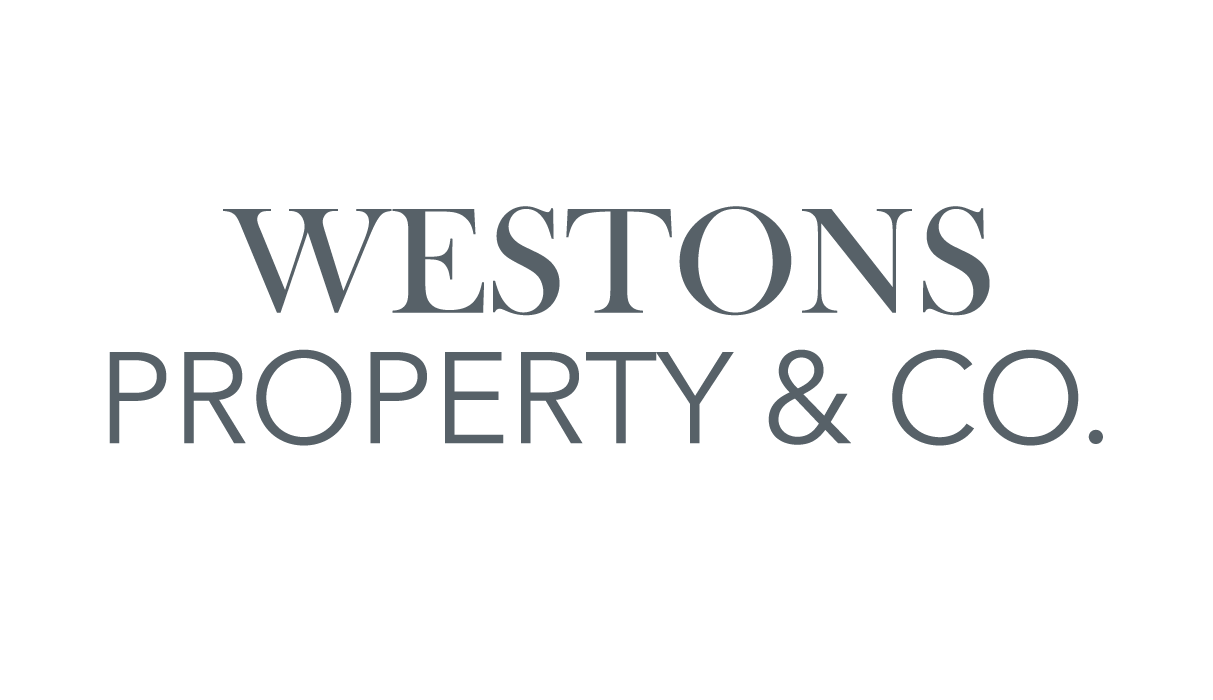
The real cost of being a Hills District property investor
Are you thinking about buying your first investment property?
If you are, you’ll join the ranks of more than two million Australian investment property owners. But it’s important to be aware of the costs involved, not just the benefits.
What are the costs associated with owning an investment property?
Investment property costs can include expenses such as:
- upfront purchase costs
- loan interest and fees
- insurance
- property management
- council rates
- strata fees (if you buy an apartment or townhouse), and
- repairs and maintenance.
Let’s look at each one of these investment property expenses in more detail.
We’ll group them into the one-off, upfront costs of buying an investment property and ongoing investment property maintenance costs.
One-off, upfront costs of buying an investment property
Obviously, the first upfront cost of buying an investment property is its purchase price.
However, most investors have to borrow to do that, so it becomes an ongoing cost. It’s a good idea to borrow for tax reasons too, which we’ll explain later.
In addition to the investment property’s price, it’s important to factor in three other additional upfront buying costs:
- government transfer duty (the amount depends on the value of the property),
- legal conveyancing fees (to transfer the property title for the seller to you), and
- loan application and establishment fees (these vary depending on the lender).
Ongoing investment property maintenance costs
There are several ongoing property maintenance costs and it’s important to have the cash flow to be able to deal with them as they arise.
Loan interest and fees
Loan interest rates and fees for investment properties are usually a little higher than they are for owner-occupier home loans. Lenders view them as being higher risk, especially if you’re relying on tenant income to make your repayments. There may be periods where your property is vacant, so you need to be able to afford your repayments during those times.
Landlord Insurance
It’s crucial to insure your investment property and its contents against any damage caused by tenants or natural disasters like floods or fire. The cost of your insurance will depend on factors such as the value of your investment property and its location.
Property management fees
A property manager will source tenants, handle rental payments and take care of maintenance and inspections, but these fees are tax deductible.
Council rates
You need to pay council rates for your investment property just like you do for an owner-occupier property. Your rates bill will depend on the value of your property.
Strata fees
Strata fees are payable if you buy an apartment or townhouse. They cover common area expenses of the complex that you’re buying into, and will be higher for complexes with lifts or pools.
Repairs and maintenance
It’s important to repair and maintain your investment property to preserve its value and to attract and retain good tenants. Average maintenance costs for investment property in Australia can add up, and tend to vary based on the age and condition of the property.
Investment property tax deductions
The good news with your investment property expenses is that they are tax-deductible against your tenant income.
You should use the services of a good tax accountant to help you maximise your eligible tax deductions so that you pay less tax.
Like to find out more?
If you’re thinking about buying your first investment property in the Sydney Hills District, give us a call at Weston’s on (02) 9620 5885.
We’re based in Winston Hills and we understand the local investment property market here and in surrounding suburbs like Baulkham Hills.
We’d be happy to discuss our property management services and to answer any questions you have.
